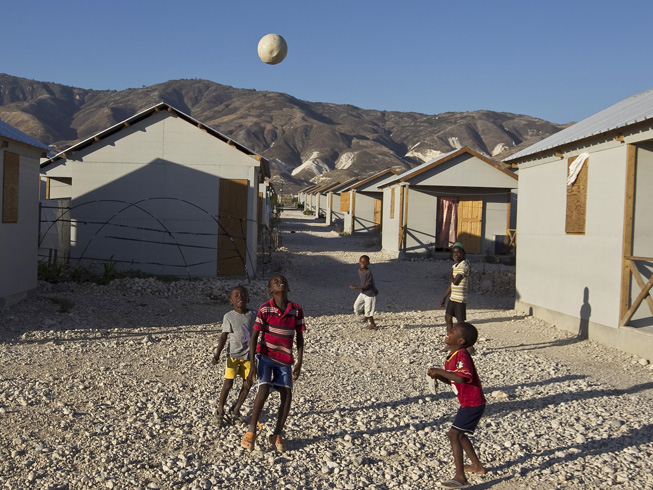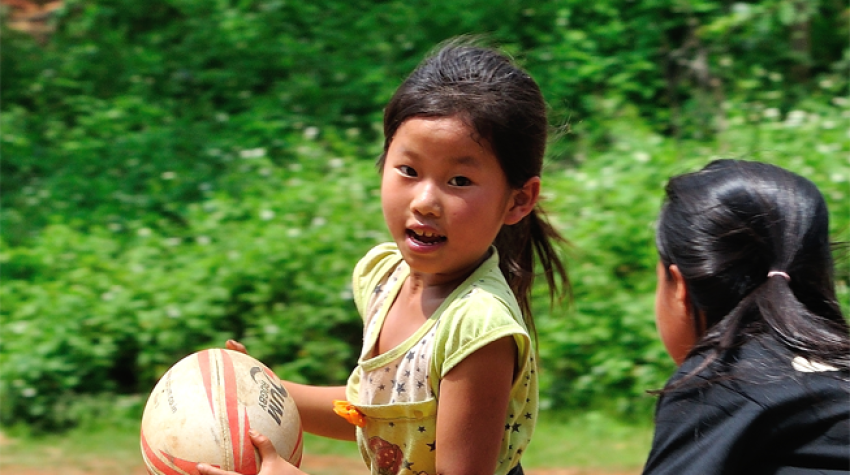
The 2030 Agenda for Sustainable Development offers a universal plan of action for people and the planet and the aspiration to achieve the 17 Sustainable Development Goals (SDGs). The SDGs are integrated, indivisible, and global in nature, and they balance the three dimensions of sustainable development – economic, social, and environmental. If fully implemented, these SDGs promise to usher in a new era of peace and prosperity, where everyone can fulfill their potential and enjoy the benefits of a healthy world.
Central to the full implementation of the 2030 Agenda is promoting integrated approaches to policy and planning processes for sustainable development, including environmental sustainability.
Promotion of integrated approaches essentially requires that the interlinkages, trade-offs, and synergies among the SDGs are well understood by national governments and relevant stakeholders, such as NGOs and sport business organizations, who play an important role in achieving the SDGs.

In addition, within each SDG, some variations may cover one dimension more than others– for example, SDG 5 on gender equality and SDG 3 on healthy lives and well-being are directly related to sport and physical activity, while SDG 10 draws attention to the importance of reducing inequalities in sport. However, within many of the SDGs, there are connections among the components that can be used to highlight the benefits of sport for development and peace.
It is important to uncover the interactions among the Goals to ensure that efforts to achieve each specific Goal and associated targets are undertaken in a holistic, integrated, and balanced manner. It is not always easy to fully understand and operationalize the complex interrelations, including how the Sustainable Development Goals underpin or can be promoted through actions primarily addressed at enhancing economic prosperity or social inclusion; but strong reliance on data, good practices, and decision support tools can help advance in this direction.
As such, a series of expert group meetings (EGM) are being organized by the Division for Inclusive Social Development (DISD) of the UN Department of Economic and Social Affairs (DESA).

The meeting will bring together inputs from Member States, UN entities, and other stakeholders, such as sporting teams, NGOs, and sport businesses at two levels to review the role of sport across all SDGs, taking into account the complex web of interactions among the Goals in a systemic manner, and considering the implications of taking action within each SDG along one dimension on another.
Presumably, a better understanding of the interlinkages and interactions between the SDGs and within individual SDGs, underpinned by knowledge of the importance of healthy linkages, will pave the way for effective, integrated approaches while enhancing the capacity of policymakers to set priorities and to devise coherent implementation strategies.
Accordingly, the EGM will cover five priority themes through which experts in the respective fields discuss issues relevant to sport as a transformational power in people's lives and explore the role of sport as an enabler of sustainable development and peace. The priority themes are listed below.
Priority Themes:
- Gender
- Integrity
- Disability
- Peace
- Sustainability
 Welcome to the United Nations
Welcome to the United Nations